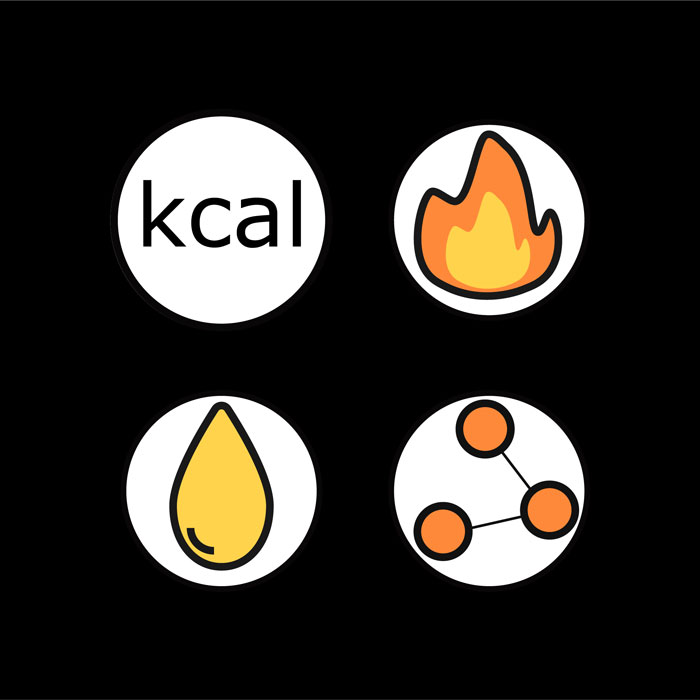Without doubt the most important principles to follow for those looking to lose weight or build muscle is that of energy balance. This is also often referred to as ‘calories in versus calories out’; despite what some people believe, you can’t ‘eat more and lose weight’… This is simply not true in the strictest sense, as we have to adhere to the laws of physics, unfortunately!
One thing that is ‘true’ is that nutrient dense, whole foods are more filling and typically have more food volume per calorie than junk foods. Therefore, it may seem like we are eating ‘more’ but from an energy perspective, to lose weight, we have to be in a calorific deficit; it is that simple.
The real complexity in weight loss comes in how we structure our calorie intake from our macronutrients (the protein, carbohydrate and fats), providing energy to the body so that we don’t just lose weight, but we lose weight in the right way – preserving muscle tissue and losing body fat.
Focusing solely on an energy deficit, especially a severe energy deficit encouraged by many crash diets, means that if we are not consuming the right foods and combining this withthe right type of exercise, this puts us at risk of losing muscle. Losing muscle tissue then lowers metabolic rate, and this means that losing weight becomes harder and harder as our ‘calories out’ side of the equation is reduced.
Even when we protect muscle, our bodies really don’t like to be put in an energy deficit. Regardless of our body fat levels to start, there will be elements of hunger and a small reduction in metabolic rate, either directly through our energy-regulating hormones, or indirectly by making us less active during day-to-day activities.
These are a few of the reasons why many people who have dieted for a long time, have had a very high energy output,and who have likely lost lean muscle and caused these ‘metabolic adaptations’, struggle to lose weight as they have nowhere to go from a calorie-out perspective. This is why periods of a sensible increase in calories and reduction in activity, or switching to exercise that promotes muscle growth can actually be beneficial in both the short- and long-term;helping people reach their goals.
This may be a difficult concept to grasp for those who believe ‘more is more’, but we have to remember this is not always the case.
One of the most important cornerstones of healthy weight loss is to do it in a gradual fashion. This limits our hunger response, allows us to protect valuable muscle and means that weight loss is more sustainable, not only in reaching a particular goal, but also being able to sustain our new look when we get there.
References
http://www.nature.com/ijo/journal/v39/n7/abs/ijo2014199a.html
http://www.sciencedirect.com/science/article/pii/S0092867401002409



